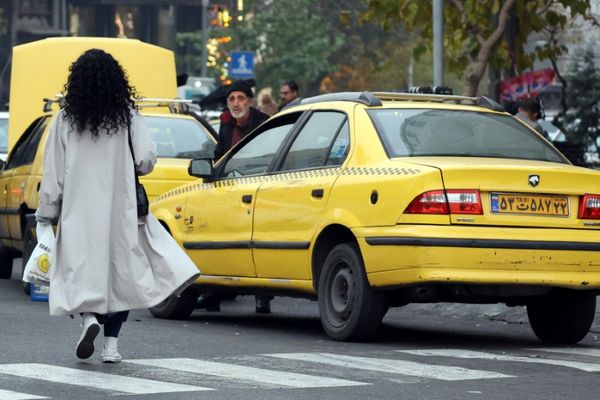
Economic crisis in Sri Lanka:10 points
Shots were fired from inside the Sri Lankan prime minister's official residence Monday, as thousands of protesters breached the main gate and torched a parked truck, an AFP reporter said.
Prime Minister Mahinda Rajapaksa said on Twitter that he submitted his resignation to President Gotabaya Rajapaksa, a move that followed a violent attack by government supporters on the protesters, prompting authorities to deploy armed troops in the capital, Colombo.
After a few hours of the imposition of curfew in Sri Lanka, the same will be finally lifted on Tuesday at 7 am, said the Sri Lankan police on Monday. The curfew was imposed after the clashes broke out in the Galle Face area on Monday within the Western Province of Colombo with immediate effect, Daily Mirror reported.
The ancestral home of the Rajapaksa family in the southern district of Hambantota was set on fire, and police were forced to use tear gas to disperse protesters who tried to storm the prime minister’s residence in Colombo’s Temple Trees neighborhood, the DailyMirror newspaper reported.
Dozens of buses used by Rajapaksa supporters to travel to Colombo earlier in the day were torched or damaged. In the suburb of Maharagama, a crowd forced a leader of a pro-government group out of their bus and threw him into a garbage cart, before ramming the vehicle with a bulldozer.
Four people, including a ruling party lawmaker, died in Monday's violence, police spokesman Nihal Thalduwa told the Associated Press. President Rajapaksa imposed a countrywide curfew Monday evening lasting until Wednesday morning.
Soaring prices of everything from gasoline to essential medicines have kept protests on the boil in Sri Lanka, which is close to bankruptcy and has suspended payments on foreign debt.
Sri Lanka has been holding talks with the IMF to set up a rescue plan but its progress depends on negotiations on debt restructuring with creditors. Any long-term plan would take at least six months to get underway.
The Sri Lankan government has been running big budget deficits after cutting taxes in 2019 and struggling to collect taxes during the COVID-19 pandemic. It also has piled up massive foreign debt — much of it owed to China — and has scant foreign exchange reserves to pay for imports and to defend its embattled currency, the rupee.
Sri Lankan stocks, the worst performers in the world this year, had gained on Monday before the violence on speculation that a new government would take charge.







